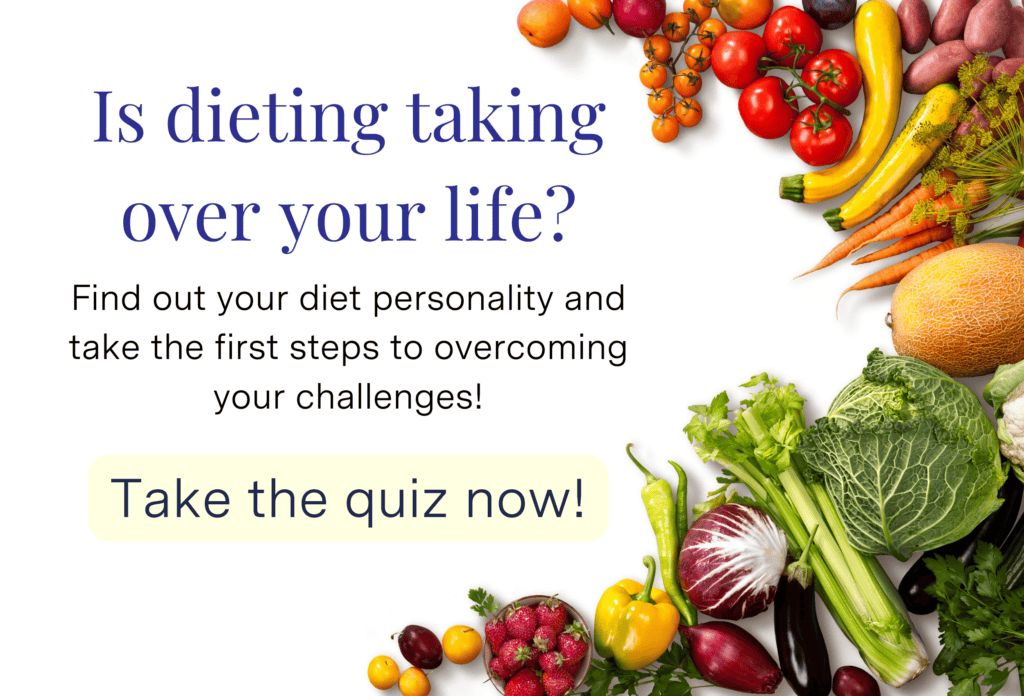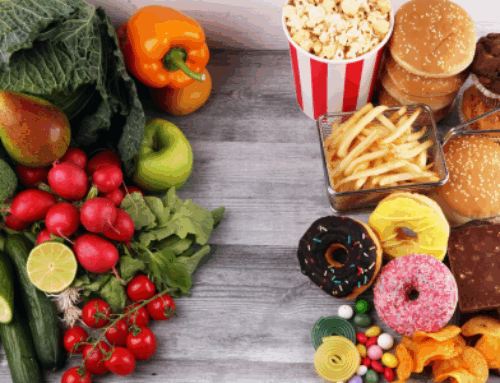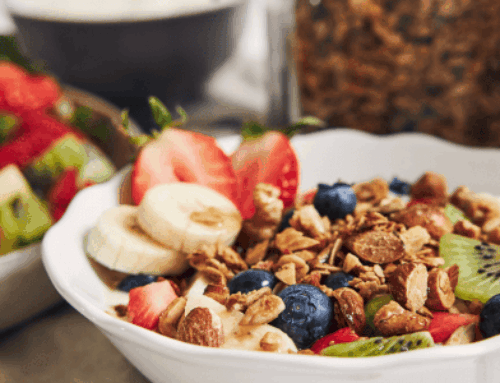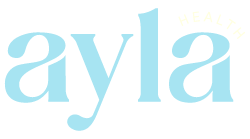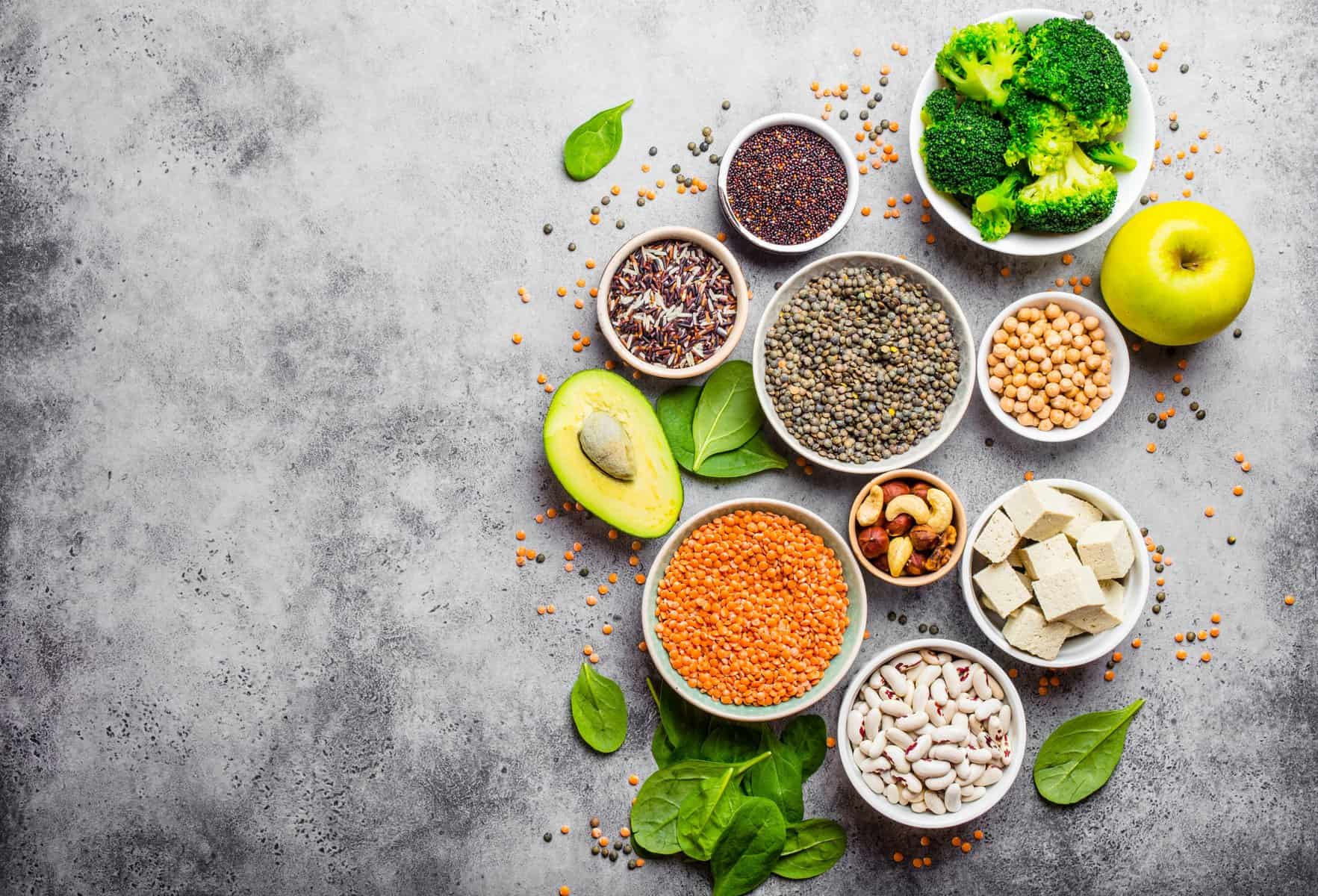
Plant based diets are trending hard core right now!
Many vegetarians and vegans would not be happy with me for calling it a trend, as for many people, it’s really a lifestyle choice that they follow based on strong ethical convictions.
Is a plant based diet the best diet for long term health?
If you look online at what most people are talking about when it comes to good nutrition, you’ll see the term ‘plant-based’ thrown around pretty often. And for good reason. The research supporting a plant based diet is strong and we’ve known the benefits of a vegetarian style or vegan style eating pattern for a long time.
The problem is, however, sometimes the message can become confusing. With lots of ‘diets’ claiming to be the best for health and recommending to cut out certain foods, it’s easy to find yourself worrying about the meat, diary, poultry and eggs you’re eating and whether or not you should stop.
The truth is, a ‘plant-based’ eating pattern is more about what you DO eat and include in your diet rather than what you don’t eat.
Beware of the ‘woo’.
Vegetarianism and veganism has been around for a very long time. They are not ‘fad’ diets in the typical sense of the word, however, they are prescriptive dietary patterns often accompanied by strong emotional foundations for wanting to follow them. These foundations are driven by a number of different reasons including ethical, moral, religious and health.
Here at Ayla Health we believe that our members are adults, who can eat whatever they want! This means that you’re entitled to eat whatever and however you like. However, this doesn’t mean you should be telling others how to eat, especially if you’ve got no qualifications to do so.
Unfortunately, this is not a sentiment shared by others and over the years, there has been LOTS of poor messaging around the ‘dangers’ of animal products. Activist groups with political agendas, polarising documentaries produced by one-sided journalists, marketing messages from food manufacturers all contribute to a scaremongering environment about our food supply that leaves many consumers very confused about the best diet for them to follow.
The Australian diet
Before I discuss the truth about plant-based diets, based on the scientific evidence, I want to draw your attention to the current diet of the Australian population. A survey is conducted every few years and it gives policy makers and scientists a reasonable idea bout how people are eating on a day to day basis. And here is what they found:
Nearly 40% of our total daily energy intake is coming from discretionary (ultra-processed) foods that are high in fat, salt, sugar and refined carbohydrates and low in nutrition. Many of these discretionary foods are processed animal products (bacon, salami, sausage, ice cream, chocolate, etc) and this data shows that we are building our diets out of these foods. On the flip side the same dietary survey shows that our intake of vegetables is very low with only 6% of Australian adults meeting the recommended intake of 5 serves of vegetables per day.
The truth
The truth is that a dietary pattern rich in plant derived foods does promote good health long term compared to a dietary pattern low in plants. Michael Pollen, an American author sums it up quite nicely: Pollan says everything he’s learned about food and health can be summed up in seven words:
“Eat food, not too much, mostly plants.”
Unfortunately, this is much easier said than done, which the Australia dietary survey shows, as there are so many factors (environmental, physical and psychological) that go into making food choices. This is why one of the core values of Ayla Health is that nutrition information is not enough to be healthy. You need to be able to translate that information into a meal on your plate. 3 times a day. 7 days a week. 52 weeks a year.
And to do this, you need to learn the skills of healthy eating and add them to your knowledge. It’s the key purpose of my life’s work and what our mobile app strives to achieve.
So, when it comes to building a plant based diet, I want to encourage you to focus your efforts on eating MORE plants, not on trying to cut animal products completely out of your diet.
What to do to build a plant based diet
Focus on including the following foods in your diet every day:
- Increase your intake of vegetables to 5 serves a day
- Include fruit in your diet every day, 2-3 serves a day is a good place to start
- Include nuts and seeds in your diet every day
- Include legumes (beans, lentils and chick peas) in your diet every day
- Swap refined carbohydrate products for whole grain varieties to ensure you’re reaping the health benefits of the whole grain
Practical ideas for plant based eating:
- Add nuts, seeds and fruit to breakfast like muesli, porridge or high fibre breakfast cereal
- Add salads to your lunches as a side to boost your vegetable intake
- Add a side of steam vegetables to your meals, no matter what else you eat
- Add beans and lentils to salad, soups, curries and stews
- Make your own dips from blended beans, garlic, lemon and olive oil
- Grate carrots, zucchini and celery into bolognese sauces, rissoles.
If you want to change your eating habits but you’re not sure where to start, then our Nourish Your Body Program inside our mobile app is for you!

